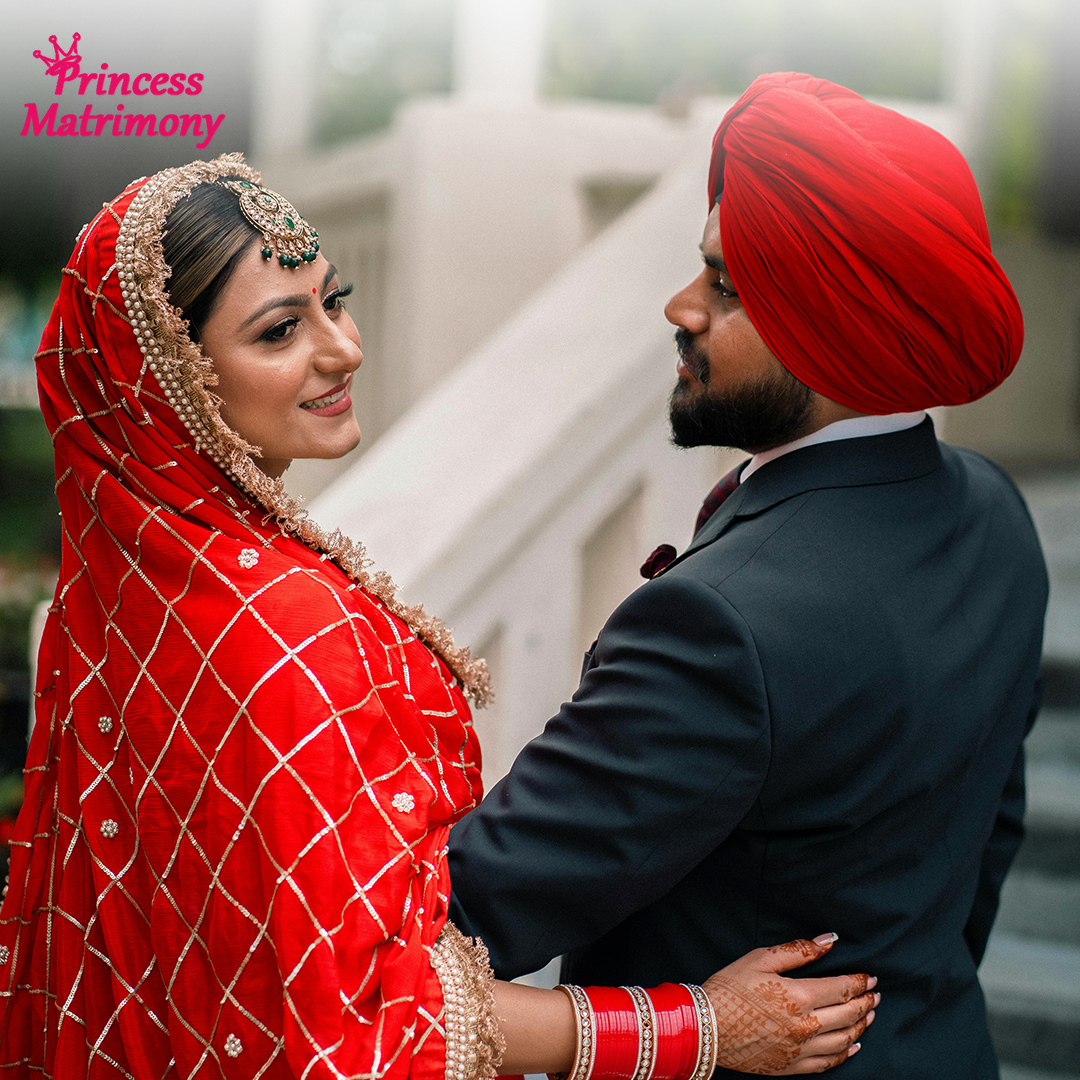Introduction:
In the colorful and thriving cultural scene of Punjab, marriage is not merely a personal milestone—its a community celebration, a family occasion, and in many cases, a meticulously planned alliance. Amongst matrimony sites and contemporary courtships, there exists one establishment that is as old-fashioned as they get, yet alive and kicking: the marriage bureau. These matchmakers, erstwhile dismissed as relics from another era, have adapted and transformed themselves, standing strong at the intersection of modern love and timeless values.
Let us watch how the marriage bureaus of Punjab are changing, upholding, and updating the practice of matchmaking.

- Marriage is not all about the two people—its a joining of families, upbringings, and values.
- Social and family acceptance are vital, particularly in rural and semi-urban India.
- Weddings are big and ritualistic, so matchmaking becomes a solemn duty.
2. Role of Marriage Bureaus
- Be knowledgeable, matchmakers familiar with family relationships, religious affiliation, caste implications, and social compatibility.
- Maintain organized lists of eligible bachelors and bachelorettes with information on family, education, and occupation.
- Function as go-betweens to reduce embarrassment and organize the matchmaking process.
3. Bridging the Gap Between Tradition and Technology
- While arranged marriages remain common, expectations have evolved. Modern young people seek mind and lifestyle compatibility.
- Marriage bureaus get online too, using virtual profiles, video conferencing, and social networks to reach greater numbers of people.
- Some offer smartphone apps, WhatsApp consultations, and hybrid sites for convenience in the modern age.
4. Tailored Matches Over Random Swipes
- In contrast to self-directed and superficial matches on dating apps, bureaus deliver tastefully screened candidates based on deeper values and long-term objectives.
- They suit families who desire control, privacy, and authenticity in matchmaking.
- Bureaus tend to thoroughly screen candidates, introducing a layer of trust unavailable in online dating.
5. Evolving Mindsets Around Love Marriages
- Most marriage bureaus now assist couples in obtaining family approval for love marriages and make them "arranged" matches to allay parental fears.
- There is more acceptance of inter-caste and inter-regional matches among modern families, particularly in urban Punjab.
- Some Marriage bureaus even provide pre-marital counseling and compatibility tests.
6. The NRI Connection
- Punjabi diaspora from Canada, the UK, the USA, and Australia tend to get in touch with bureaus within Punjab to meet culturally related matches.
- Marriage Bureaus organize meetings, visits, and even destination weddings for NRIs who are interested in getting married within their heritage.
- Food, language, tradition, and family values are usually important parameters for these border-crossing marriages.
7. Personalized Touch in a Digital Age
- Families still value the personal touch, advice, and customized service that marriage bureaus provide.
- Retired parents or guardians who are not computer literate find it more convenient to use a local bureau rather than an app.
- Bureaus also consider astrological compatibility and religious practices, which the matrimony sites disregard.
8. Challenges Faced by Marriage Bureaus
- There continue to be caste, color, income, and dowry demands in certain sections.
- Unregulated, unscrupulous bureaus operate or charge excessively high fees.
- With evolving societal attitudes, there is a need for more progressive, sensitive, and inclusive matchmaking methods.
9. Adapting to the Needs of Younger Generations
- Younger Punjabis are increasingly looking for partners based on emotional compatibility, shared goals, and mutual respect.
- Marriage bureaus are adapting by providing:
- Personality and lifestyle matching.
- Relationship coaching.
- Flexibility in meeting and communication styles (e.g., informal first meetings, online dating).
10. The Future of Marriage Bureaus in Punjab
- With growing modernization, marriage bureaus will be using more AI-based match-making tools but will remain culturally responsive.
- They will be required to play a pivotal role in balancing personal choice with family values.
- Hybrid models that combine digital platforms and traditional guidance will dominate the match-making scene.
Conclusion:
Punjab marriage bureaus are no longer about checking boxes off a list—about finding real matches that honor heart as much as heritage. In a culture where young people are embracing modern ideals but heritage is still very much alive, these bureaus offer a highly distinctive balance. They are getting modern with age, embracing computerized technology and yet still clinging to the norms that define Punjabi culture.
In the end, Punjab love may be modern, but it remains packaged in phulkari form—plugged into the past, but ready for the future.
